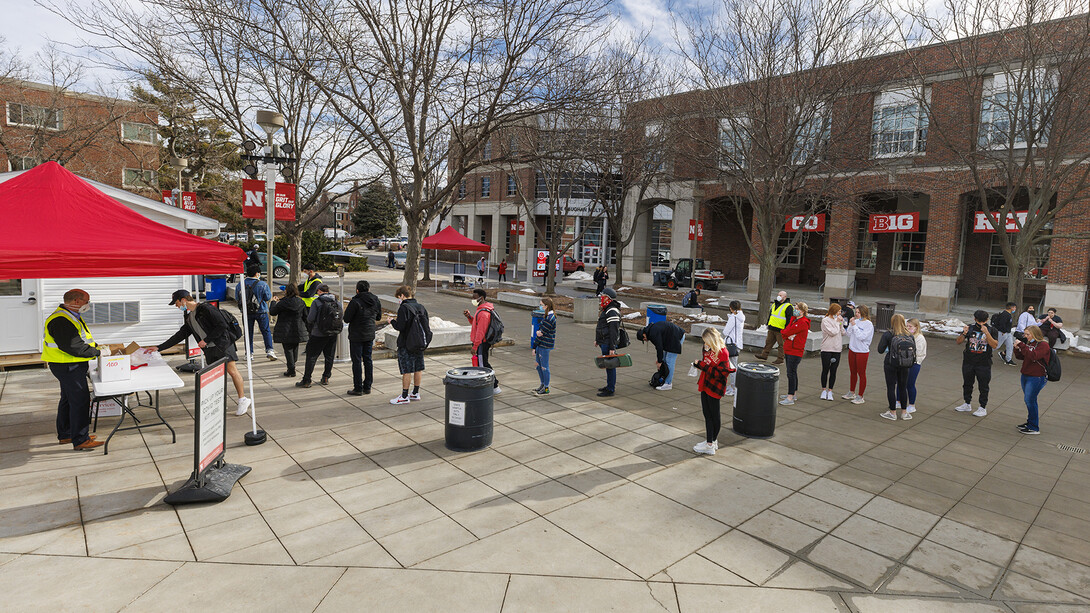
Huskers who are positive for COVID-19 should not get another PCR test (including those offered via the university’s saliva-based testing) for 90 days — unless symptoms return.
The university’s saliva-based PCR tests are very sensitive in detecting infections — including the Omicron variant. After receiving a positive PCR test, any negative result from additional testing will not change the need to isolate nor will it shorten the isolation period.
If you get a positive result but feel well, you have an asymptomatic case, and need to isolate.
Here are other reasons why Huskers should not get additional PCR tests after a positive result.
Venturing out during isolation means you could transmit the virus to others.
Repetitive tests add unnecessary workload and expense to the university’s testing program.
Extra testing is wasteful at a time when COVID-19 testing resources are limited nationwide.
Highly-sensitive PCR tests can continue to detect the virus for up to 90 days, meaning you may test positive well beyond the period of time you need to isolate. This is why individuals who test positive can be granted a 90-day exemption from testing.
Students, faculty and staff not within 90 days of their own infection and identified as exposed to COVID-19 should get tested five days after exposure or as soon as symptoms occur, per guidance from the Centers for Disease Control. Testing sooner than five days if asymptomatic puts increased demand on the testing capacity while not maximizing the value of a test. Any result sooner than the five day mark can be too soon to know if infection has occurred.
Learn more about the university’s isolation guidance and additional updates regarding the ongoing COVID-19 response.







